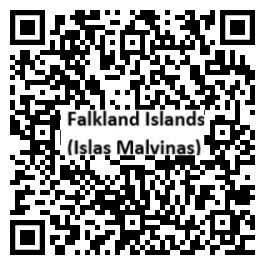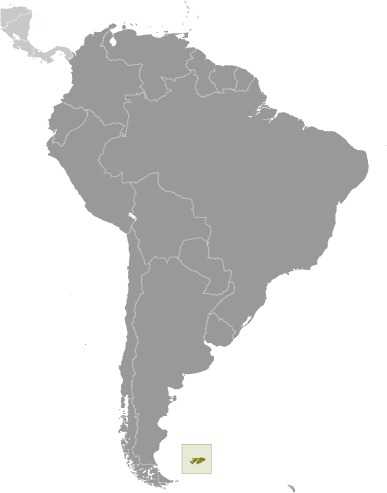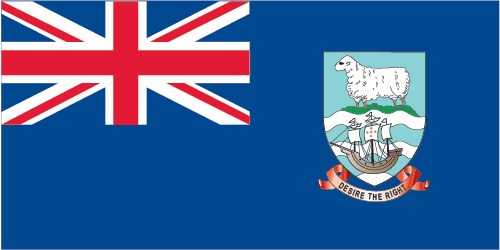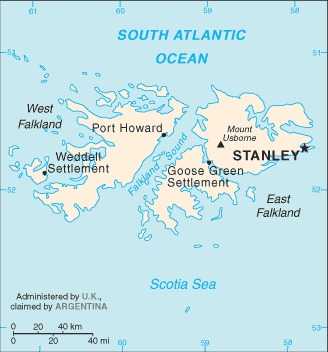Introduction
Background
Although first sighted by an English navigator in 1592, the first landing (English) did not occur until almost a century later in 1690, and the first settlement (French) was not established until 1764. The colony was turned over to Spain two years later, and the islands have since been the subject of a territorial dispute, first between Britain and Spain, then between Britain and Argentina.
Geography
Area
total: 12,173 sq km
land: 12,173 sq km
water: 0 sq km
Climate
cold marine; strong westerly winds, cloudy, humid; rain occurs on more than half of days in year; average annual rainfall is 60 cm in Stanley; occasional snow all year, except in January and February, but typically does not accumulate
Natural resources
fish, squid, wildlife, calcified seaweed, sphagnum moss
People and Society
Population
total: 3,662 (2021 est.)
Ethnic groups
Falkland Islander 48.3%, British 23.1%, St. Helenian 7.5%, Chilean 4.6%, mixed 6%, other 8.5%, unspecified 2% (2016 est.)
Languages
English 89%, Spanish 7.7%, other 3.3% (2006 est.)
Religions
Christian 57.1%, other 1.6%, none 35.4%, unspecified 6% (2016 est.)
Population growth rate
0.01% (2014 est.)
Government
Government type
parliamentary democracy (Legislative Assembly); self-governing overseas territory of the UK
Capital
name: Stanley
Executive branch
chief of state: King CHARLES III (since 8 September 2022); represented by Governor Alison BLAKE (since 23 July 2022)
head of government: Chief Executive Andy KEELING (since April 2021)
Legislative branch
description: unicameral Legislative Assembly, formerly the Legislative Council (10 seats; 5 members directly elected from the Stanley constituency and 3 members from the Camp constituency, both by simple majority vote, 2 appointed non-voting ex-officio members - the chief executive, appointed by the governor, and the financial secretary; the attorney general and Commander British Forces South Atlantic Islands are also invited to attend; members serve 4-year terms)
Economy
Economic overview
British South American territorial economy; longstanding fishing industry; surging tourism prior to COVID-19 and Brexit; recent offshore hydrocarbon discoveries threaten ecotourism industries; no central bank and must have British approval on currency shifts
Real GDP (purchasing power parity)
$206.4 million (2015 est.)
$164.5 million (2014 est.)
$167.5 million (2013 est.)
Real GDP per capita
$70,800 (2015 est.)
$63,000 (2014 est.)
Agricultural products
fodder and vegetable crops; venison, sheep, dairy products; fish, squid
Industries
fish and wool processing; tourism
Exports
$257.3 million (2015 est.)
Exports - partners
Spain 70%, Morocco 9%, US 8%, Namibia 5%, Germany 2% (2022)
Exports - commodities
shellfish, fish, wool, sheep and goat meat, surveying equipment (2022)
Imports - partners
UK 73%, Spain 24%, Netherlands 1%, Ireland 0%, Switzerland 0% (2022)
Imports - commodities
refined petroleum, prefabricated buildings, aircraft, plastic products, iron structures (2022)
Exchange rates
Falkland pounds (FKP) per US dollar -
Exchange rates:
0.7836 (2017 est.)
0.6542 (2016 est.)
0.6542 (2015)
0.6542 (2014 est.)
0.6391 (2013 est.)
Page last updated: Wednesday, May 15, 2024



